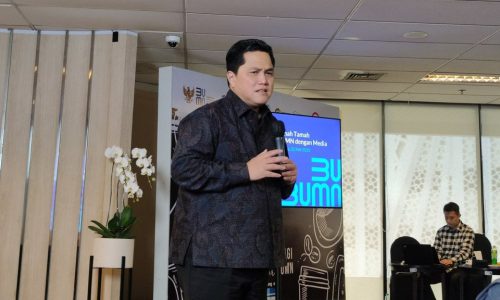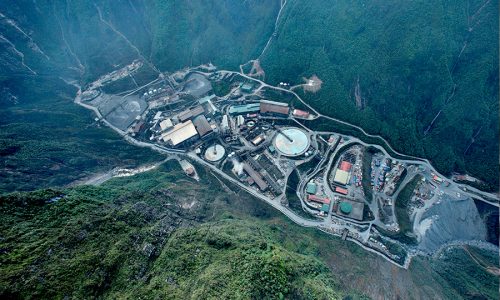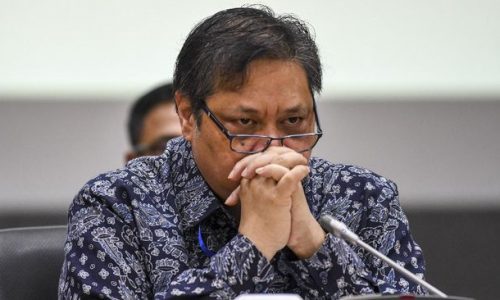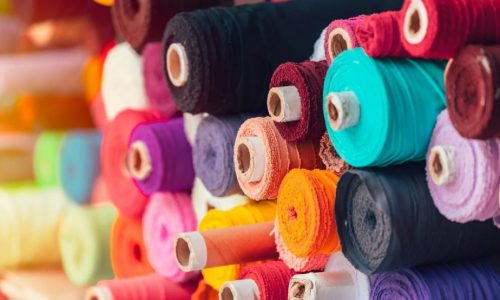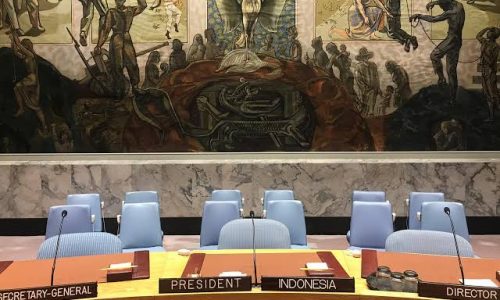The overflow of made-in-China and local counterfeit products in Indonesia has resulted in economic losses for local businesses and international brands. The K&K Advocates-Intellectual Property said that Indonesia suffered financial losses of IDR 291 trillion (US$ 19.41 billion) due to fake goods in 2020. It was a sharp increase from 2015 when the country suffered losses of IDR 65.1 trillion, kontan.co.id reported in September 2021.
Indonesia’s 270 million population is a huge market destination in Southeast Asia for China, which is infamous as the largest producer of counterfeit products in the world. However, there is also a large amount of locally made fake goods in Indonesia due to cheap labor costs and materials.
According to the joint report from the Organisation for Economic Co-operation and Development (OECD) and the European Union Intellectual Property Office (EU-IPO), “Global Trade in Fakes: A Worrying Threat”, Indonesia was among the top suppliers of fake handbags and leather items, clothing, perfume and cosmetics, footwear, toys and games as well as and jewelry in the 2017–2019 period.
The government has taken harsh measures to deal with counterfeit issue, including by enforcing intellectual property laws, conducting raids and confiscations and providing public education and awareness programs. Consumers should stay alert when buying “branded” products online.
Counterfeit goods
In Indonesia, illegal factories may counterfeit a variety of goods, including but not limited to:
- Consumer goods such as clothing, handbags, shoes, watches, and electronics
- Pharmaceuticals and personal care products
- Automotive parts and accessories
- Food and beverage products
- Tobacco products
- Currency and official documents
Impacts of counterfeit products
Counterfeit goods in Indonesia can cause several losses for the country, including:
- It costs the government due to loss of taxes and resources
- Damaging the image of national products and harming the original industry
- Harm consumers who buy products that are not qualified or dangerous
- Triggering criminal acts, such as trademark theft and fraud
- Reducing the competitiveness of the country’s economy due to fake products that are not of high quality
The impact of counterfeit goods on brands in Indonesia can be significant such as:
- Decreased brand value and credibility
- Loss of sales and revenue for the brand
- Damage to the brand’s reputation
- Difficulty in enforcing intellectual property rights
- Competition from cheaper, lower quality counterfeit goods
- Increased costs for brand protection and enforcement efforts
- Difficulty in building customer trust and loyalty
The impact of counterfeit goods on consumers in Indonesia such as:
- Purchase of low-quality or potentially dangerous products;
- Waste of money on fake products;
- Difficulty in seeking recourse or compensation for defective or broken products;
- Supporting and financing criminal activities and organizations;
- Contribution to environmental degradation through the production of counterfeit goods;
- Unknowingly supporting child labor and other unethical practices in the production of counterfeit goods.
Brands’ reaction
Many brands have their own approach regarding the counterfeiting of their products. Some will issue a complaint or a lawsuit and the others will run PR campaigns in social media or mainstream media. However, some brands did not address the issue as they simply consider people buying fake items are not their target market.
The EU-IPO has advised brands to take these measures to protect their credibility:
- Register a brand’s trademark
- Proactive monitoring to detect counterfeits early
- Warning letters and/or take-down notices
- Seek advice from local experts
Raising consumers’ awareness
Consumers can be educated on counterfeit products by:
- Raising awareness: Through campaigns, media and educational programs, consumers can be made aware of the dangers and consequences of purchasing counterfeit products.
- Providing information: Providing consumers with information on how to identify counterfeit products, such as differences in packaging, labeling and product quality. These efforts can help them make informed purchasing decisions.
- Encouraging reporting: Encouraging consumers to report suspected counterfeit products to the relevant authorities can help to reduce the availability of these products in the market.
- Supporting authentic brands: Encouraging consumers to support authentic brands and purchase products from reputable sources can help to reduce demand for counterfeit products.
- Collaboration: Collaboration between the government, industry and consumer organizations can help raise awareness and educate consumers about the dangers of counterfeit products.



